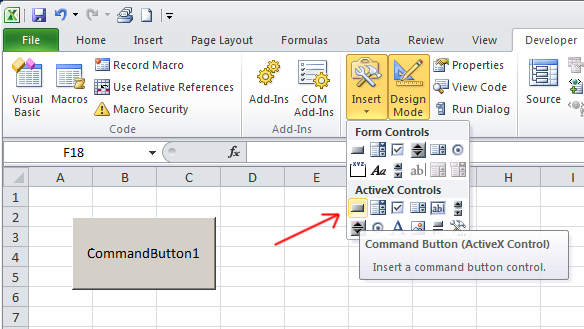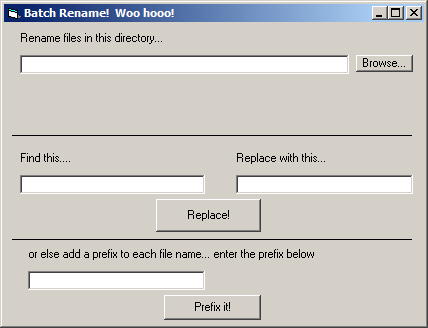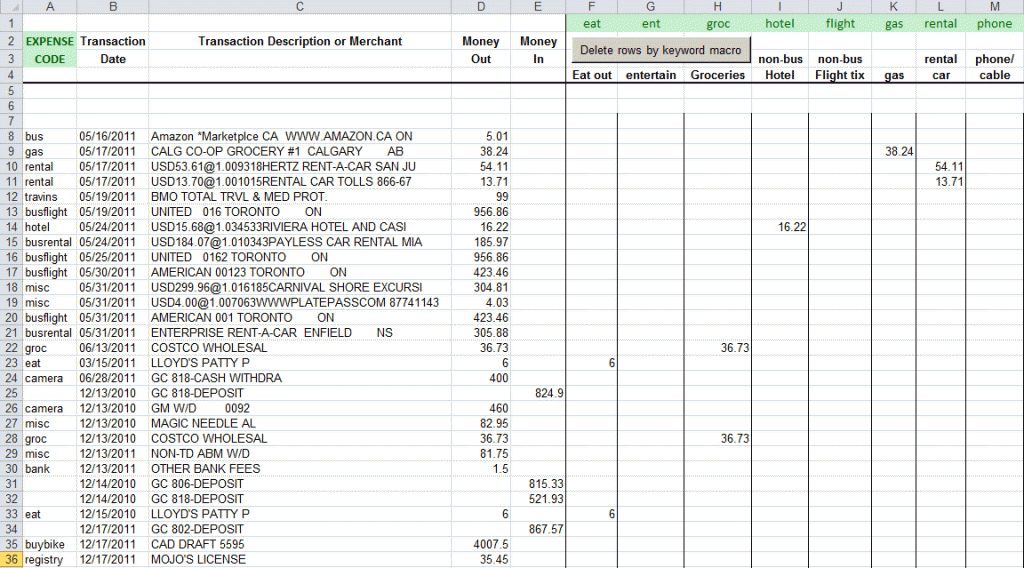I’ve tested these in Excel 2010 in sheets with over 16,000 columns and the functions work even for large numbers of columns.
Function ColumnLetterToNumber(ColumnLetters As String) As Long
ColumnLetterToNumber = Range(ColumnLetters & "1").Column
End Function
Function ColumnNumberToLetters(ColumnNumber As Integer) As String
Dim strLetters As String
strLetters = Cells(1, ColumnNumber).Address(1, 0)
ColumnNumberToLetters = Left(strLetters, InStr(1, strLetters, "$") - 1)
End Function
These functions are not necessary usually, because almost all things in Excel VBA can be done using ranges specified as numbers, for example,
Sheets("Sheet1").Cells(2,3).Value = "Hello"
Where 2 is the row number, and 3 is the column number, where column 1 corresponds to column A.



